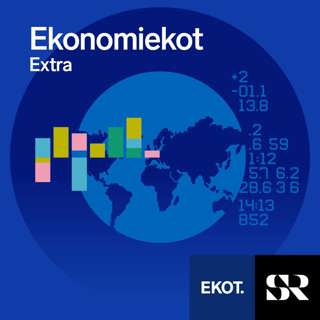
115: Important Case Interview Elements to Consider
Analyzing customers, competitors and the market: 3 areas which must always be considered in cases, even when it is not clear why. In essence, all businesses exist to serve customers. A business cannot exist without customers and to understand demand you must understand customers. The ability to meet demand is impacted by competitors/substitutes and market barriers like legislation, inflation etc. Therefore, these three areas must be analyzed in cases where demand may be an issue.
24 Jan 20139min

114: Start Math Problems From A Known Variable
The importance of starting estimation cases from a known versus unknown variable cannot be underestimated. This may sound like a strange piece of advice, but makes a monumental difference on the ease of calculations and sanity-checking at the end. Moreover, simple probability theory indicates you dramatically increase your chances of getting a correct answer at the end if you begin your equation with a known variable.
18 Jan 20135min

113: Four Classic Math Mistakes In Cases
Candidates mess up calculations for 4 primary reasons: missing units, complicated equations, weak visual layout and poor technique. Notice that we ignore speed and arithmetic. There is a reason for that and it is discussed in the podcast. The most surprising one of the lot is missing units. We have trained PhDs who graduated first in their schools and many tend to drop units thereby producing meaningless answers. These are all simple mistakes but the impact is substantial.
12 Jan 20138min

112: Why You Need Case Interview Structures
Despite the words "framework" and "structure" used so often, most candidates cannot explain what it is and why it is used. Unless you know the latter, you tend to misuse the framework and incorrectly use it in a case. This podcast presents the need for case structures from the viewpoint of the interviewer or engagement partner. It indicates that case structures are not there merely to guide you, but to guide the person guiding you. And if you extend this to its logical conclusion, if the framework is their to guide the interviewer, then communicating your structure and thinking becomes very important.
6 Jan 201311min

111: Drowning in Case Feedback
We find many candidates drown in feedback. They want as much good feedback as possible and speak to as many people as possible thereby receiving lots of detailed and sometimes average feedback on their performance. There are two problems here. First, much of this feedback will likely be contradictory and possibly misleading. Second, the candidate will literally drown in this feedback usually consisting of a 2-page list of improvement areas. We expect our candidates to always prioritize the top 3 issues and tackle them, as explained in this podcast. It is vital to follow this 80/20 principle and ignore the majority which will be of little value overall.
31 Dec 20128min

110: Disclosure Rules on Resumes
Candidates sometimes divulge too much confidential details, or too little in interviews, resumes, cover letters and LinkedIn profiles. These are the rules for disclosure. It is important to remember that disclosing confidential information merely indicates to McKinsey that you cannot be trusted with their own client information. Moreover, disclosing information on your resume and hiding it from your LinkedIn merely means you are aware of the ethical breach you are making. It is important to avoid these problems at all costs. From the beginning, be the person that is worthy of a consulting firm.
25 Dec 20127min

109: Build Hypotheses With Decision Trees
Building hypotheses is very difficult. Most candidates in a McKinsey, BCG et al interview would not know when to build the hypothesis, what comprises the hypothesis, how to test if it is MECE etc. This simple technique is one way to build hypotheses and used on real consulting engagements. It was developed to help candidates prioritize their analyzes and ensure the hypotheses are MECE. When practicing this technique note that the development of the decision tree must be done quickly and cleanly.
19 Dec 20129min

108: Speed is the Wrong Focus Area
Far too many candidates focus on being faster. That is another myth. Speed is an outcome of having good technique. So if you are slow, deconstruct your technique, analyze weaknesses and develop a new way to solve arithmetic. That is key. Unless your technique improves aka "your process to solve math," you will never improve. We explain how in this podcast. Moreover, if an interviewer or practice partner indicates you are slow, think carefully if your technique can be improved, versus merely trying to speak faster. Note, there are many different techniques to solve arithmetic problems so do not search for the "best" technique. Find one that works for you..
13 Dec 20128min





















